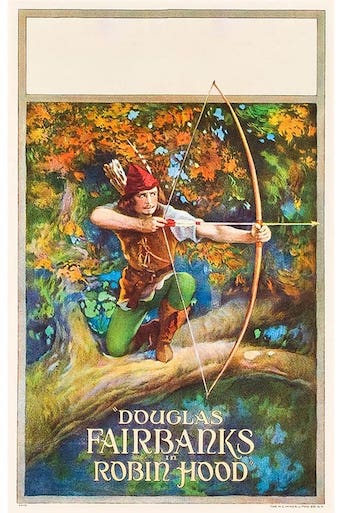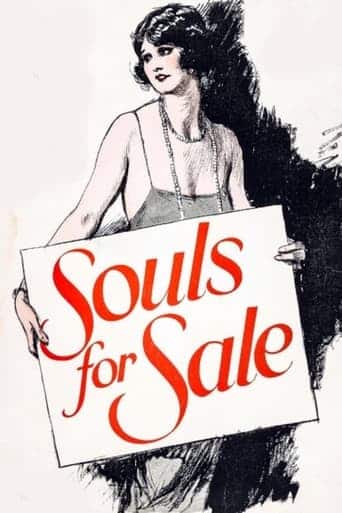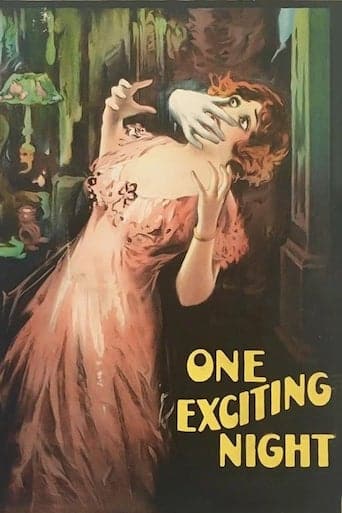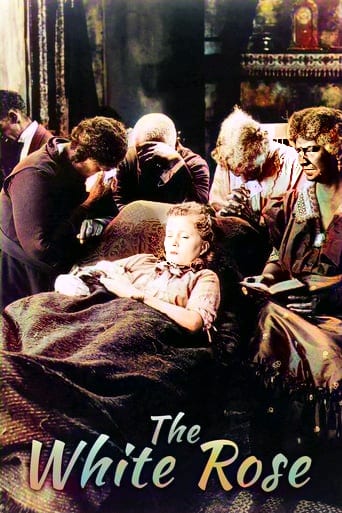The Flapper (1920)

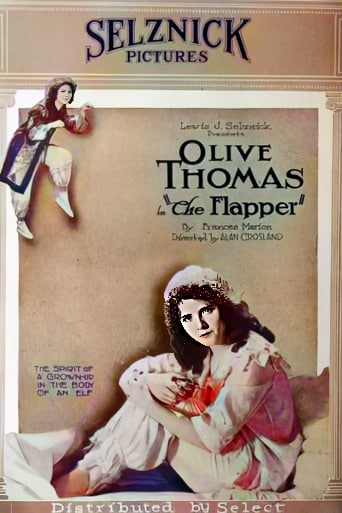 “The Flapper” (1920) is a silent comedy film that epitomizes the spirit of the Roaring Twenties, a decade characterized by cultural change and rebellion against traditional norms.
“The Flapper” (1920) is a silent comedy film that epitomizes the spirit of the Roaring Twenties, a decade characterized by cultural change and rebellion against traditional norms.
Directed by Alan Crosland and produced by Famous Players-Lasky, the film is a window into the post-World War I era, where a new generation of young people was eager to break free from societal constraints.
The film’s title, “The Flapper,” refers to a popular term of the time, describing young women who rejected Victorian-era values in favor of a more liberated lifestyle. Olive Thomas, a popular actress of the era, plays the lead role of Genevieve “Ginger” King, a small-town girl who is sent to a finishing school in the city. Ginger’s character embodies the archetype of the flapper, known for her short skirts, bobbed hair, and a penchant for enjoying life to the fullest.
The plot of “The Flapper” revolves around Ginger’s experiences at the finishing school, where she initially struggles to conform to the strict rules and regulations. However, her vivacious and unconventional personality soon leads her to break free from the constraints imposed by her teachers. She befriends an elderly man, Mr. Wheeler, played by Theodore Westman Jr., who becomes her partner in various misadventures.
As Ginger explores the exciting social scene of the city, she falls in love with a young man named Teddy Brooks, played by Kenneth Harlan. Their romantic relationship forms a central part of the storyline, highlighting the themes of young love and rebellion against societal norms.
“The Flapper” is notable for capturing the zeitgeist of the 1920s, a time of dramatic social change and the emergence of a more liberated and independent generation. It portrays the clash between traditional values and the new, progressive attitudes of youth, with Ginger’s character serving as a symbol of this cultural shift.
The film is also a reflection of the changing role of women in society. Flappers like Ginger challenged conventional gender roles and paved the way for greater gender equality in the years to come. Olive Thomas’s portrayal of Ginger resonated with young women of the era who sought independence and freedom.
“The Flapper” was released at a time when the film industry was rapidly evolving, and silent cinema was at its peak. The film’s success is a testament to its ability to connect with the aspirations and desires of its audience. It also marked a stepping stone in the career of Olive Thomas, who tragically passed away at a young age, leaving behind a legacy as one of the early film industry’s rising stars.
In summary, “The Flapper” is a silent film that captures the spirit of the Roaring Twenties and the rise of the flapper as a symbol of youthful rebellion and social change. Through the character of Ginger, the film explores the tension between traditional values and the desire for greater independence and freedom, reflecting the evolving roles of women in society. Olive Thomas’s performance and the film’s ability to connect with its audience make it a significant cultural artifact of the era.
Release Date: May 10th, 1920
Main Cast Members
Olive Thomas (Genevieve ‘Ginger’ King)
William P. Carleton (Richard Channing)
Warren Cook (Senator King)
Arthur Housman (Tom Morran)
Loading live eBay listings...

